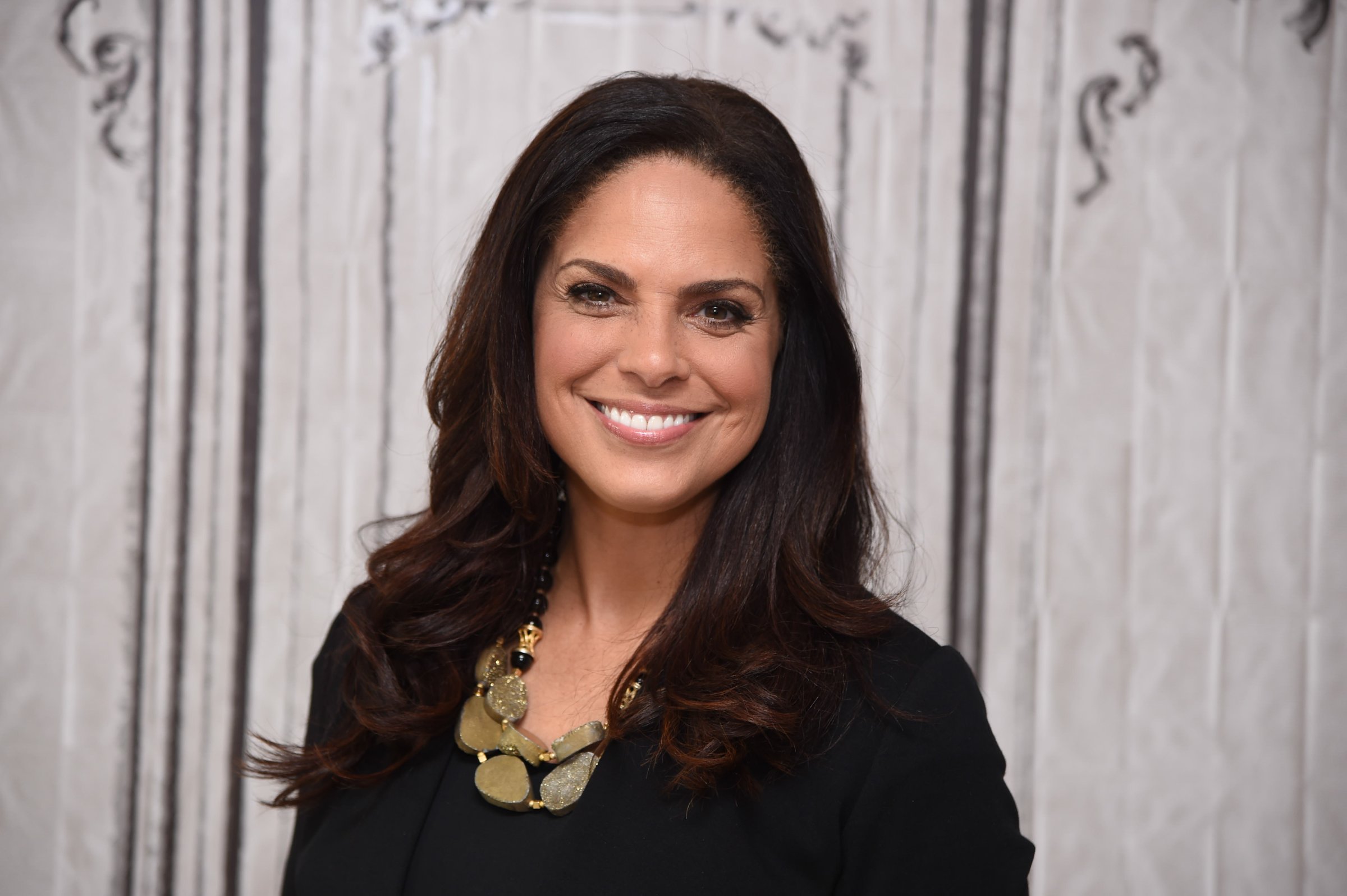
When I was in my very first job in TV news, it didn’t even occur to me to get a mentor. I was 21. I was constantly busy and living in the moment. And, like a lot of people, I thought of it as a formal, stuffy relationship with someone at work.
But very quickly, my boss stepped up to be my mentor. She made me start thinking about my long term goals. She made me look at my job as a career, even a calling. It worked. I began working, not to fulfill the demands of the day, but for the long haul. I didn’t just want to intern at a local TV station, make some extra money and fulfill my curiosity about the profession. I wanted to become a journalist and I had a plan as to how to get there.
We have to change how people think about mentorships. There are so many different ways to be mentored. Mentors can be there just to help you through a moment. I’ve had mentors who jumped in for a season to support and guide me. You might just need to pick someone’s brain, or you might have a relationship with someone that lasts for decades.
When I started my production company three years ago, I had no idea how to run a business. I had been a journalist for 20 years, but I didn’t know about hiring people and making business plans. I knew that starting the company was a good idea, but actual running that company was challenging. I spent two hours a day talking to people I knew who had their own businesses, asking them about their strategies. How do you pay your employees? Who do you use for your taxes? How much square footage do I need for the office? The company wouldn’t be as successful today without that guidance.
At this point in my life, I’ve been lucky to have had so many people along the way to support me—my parents, siblings, teachers and colleagues. Like most successful people, I have a list of the people who have helped me over the years. But there are a lot of students who lack that positive, motivating influence in their lives.
According to the U.S. Census Bureau, the overall high school dropout rate is 7 percent. And while that number has declined in the last decade, that’s still more than 2 million kids that have left their education behind. That’s why I’m excited to host this year’s American Graduate Day. I want to get people motivated about mentoring students, to help them get excited about staying in school, finding their passion, and starting a career. I especially want mentors who can help students overcome obstacles.
When students come up against a wall, they can close down and not tell anyone. They try to solve it themselves. They’re afraid to be seen as weak. A mentor encourages them to seek out help in overcoming obstacles. They can tell them to tell everybody what’s going on. To ask: “What advice can you give me? I seem to be stuck.” When someone comes to me and asks for advice, I don’t think of it as weakness. I think, “This is a smart person.”
Here is my mentoring advice. The next time you need help with something, find the person who’s doing what you want to do. Have a diverse range of people who can advise you on different aspects of your life. Surround yourself with people who tell you that you can, not people who tell you that you can’t, or that you shouldn’t. Seek out those people and make them your mentor. Period.
Soledad O’Brien is a journalist, author, and founder of Starfish Productions. The fifth annual American Graduate Day airs on PBS, Facebook Live and public television stations across the country on Saturday, September 17 from 2 p.m. – 6 p.m. ET.
More Must-Reads from TIME
- Donald Trump Is TIME's 2024 Person of the Year
- Why We Chose Trump as Person of the Year
- Is Intermittent Fasting Good or Bad for You?
- The 100 Must-Read Books of 2024
- The 20 Best Christmas TV Episodes
- Column: If Optimism Feels Ridiculous Now, Try Hope
- The Future of Climate Action Is Trade Policy
- Merle Bombardieri Is Helping People Make the Baby Decision
Contact us at letters@time.com